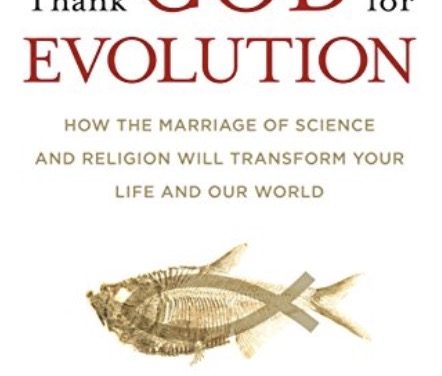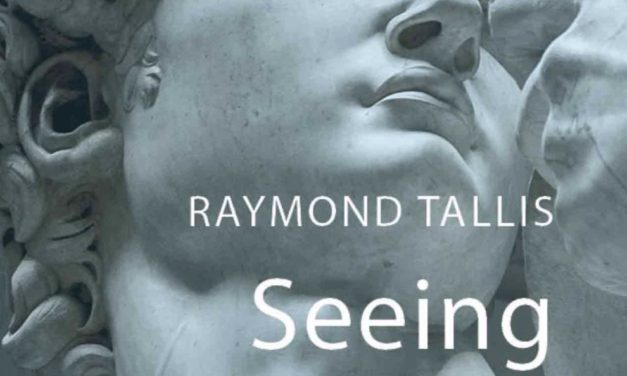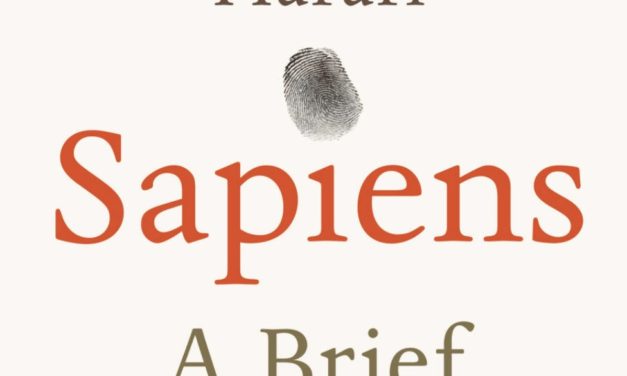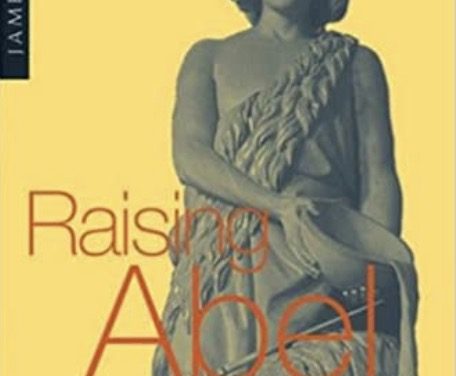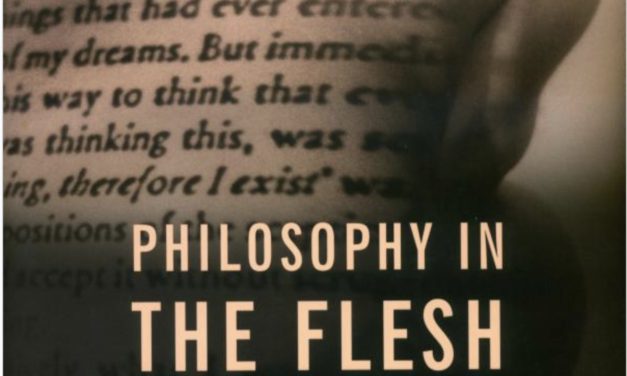Thank God for Evolution: How the Marriage of Science and Religion will Transform Your Life and Our World
Few issues have revealed deeper divisions in our society than the debate between creationism and evolution, between religion and science. Yet from the fray, Reverend Michael Dowd has emerged as a reconciler, finding faith strengthened by the power of reason.
With evidence from contemporary astrophysics, geology, biology, anthropology, and evolutionary psychology, Thank God for Evolution lays out a compelling argument for how religion and science can be mutually enriching forces in our lives.
Praised by Nobel laureates in the scientific community and religious leaders alike, Thank God for Evolution will expand the horizon of what is possible for self, for relationships, and for our world
Read More
